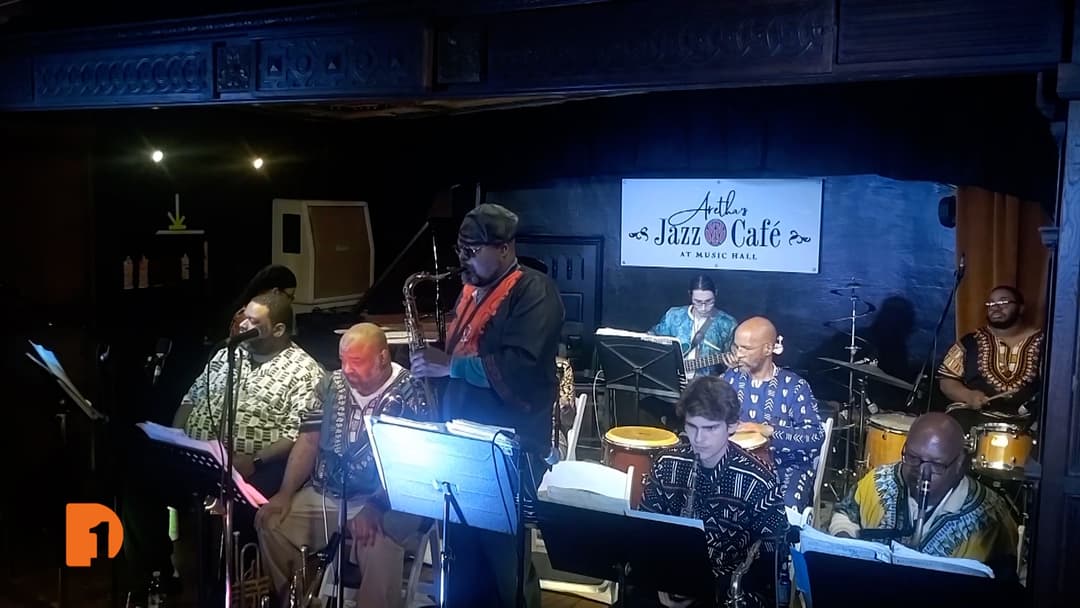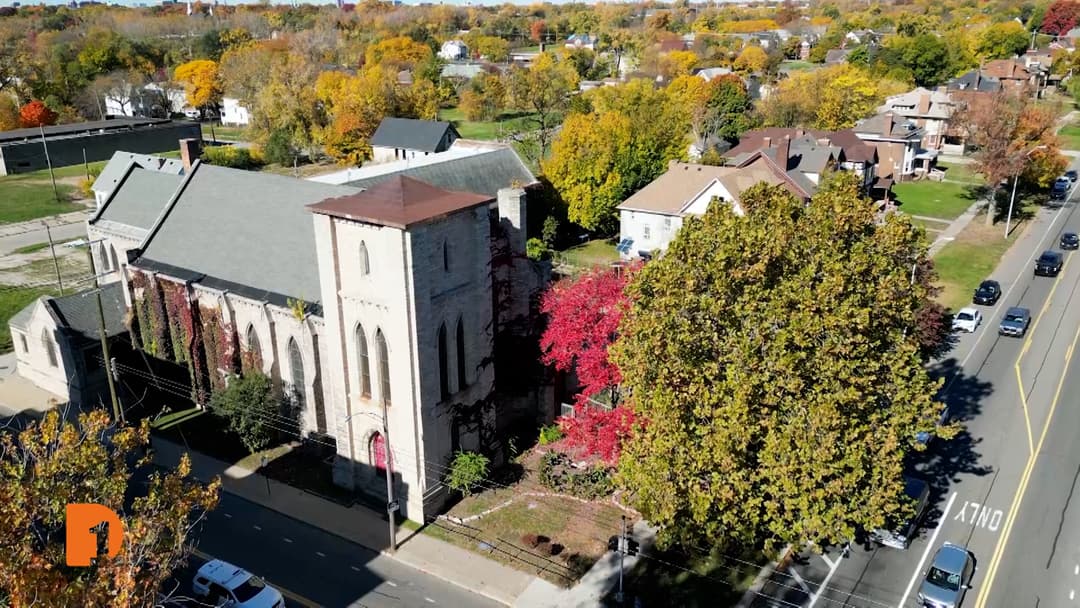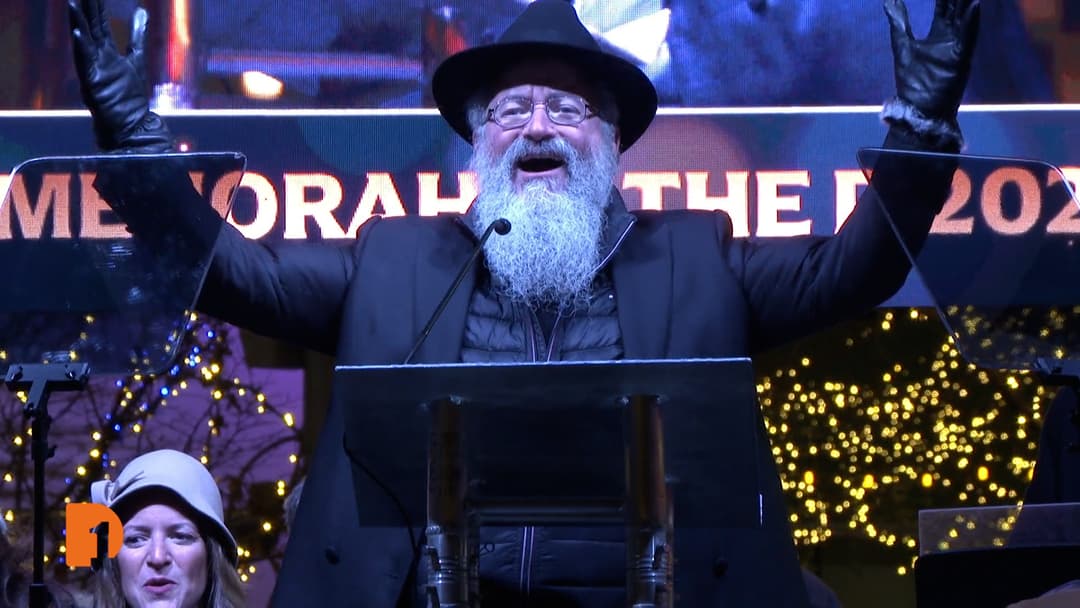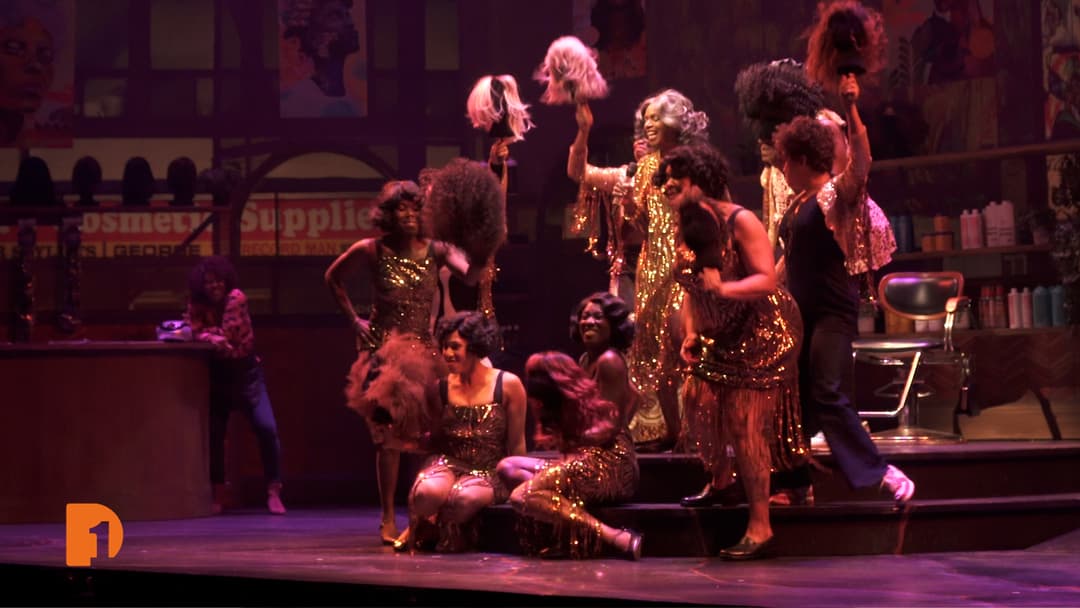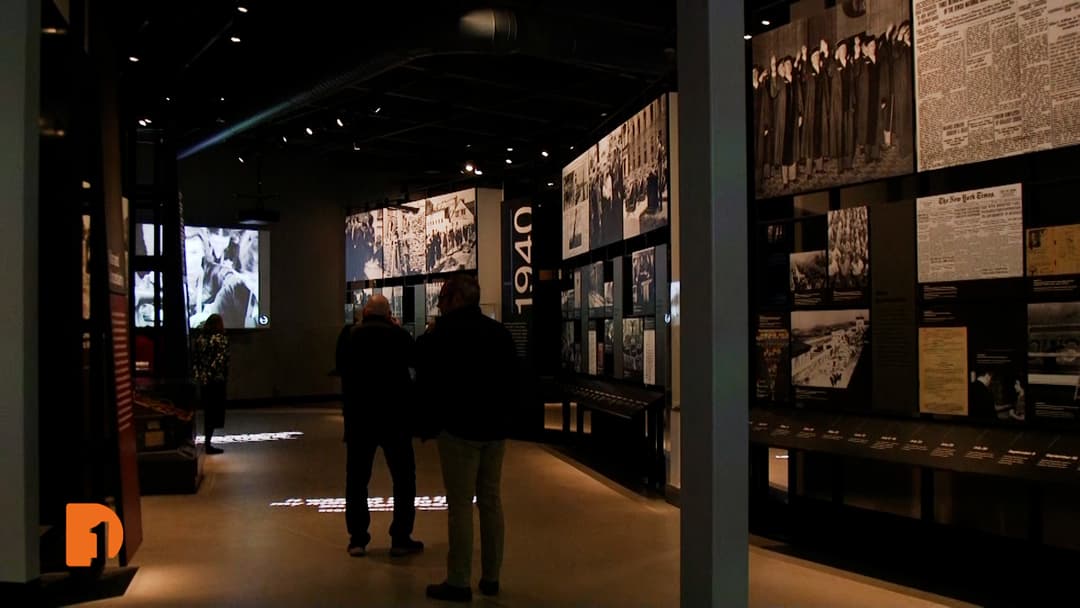Religious Diversity Journeys | Judaism: 5,000 years of tradition
Mar 15, 2021
Check out the fifth and last installment of a series that explores different faith communities here in Southeast Michigan, viewers gets to learn through the eyes of students. It’s part of the Interfaith Leadership Council of Metro Detroit’s program called ‘Religious Diversity Journeys.’ In this video, we join local student, Kennedy, as she takes a tour of Temple Israel in West Bloomfield to learn more about Judaism, which draws on 5,000 years of tradition.
This project is funded in part by Michigan Humanities, an affiliate of the National Endowment for the Humanities.
Read full transcript
Rabbi Arianna Gordon, Director of Education, Temple Israel: I’m Rabbi Arianna Gordon, I’m the Director of Education and Lifelong Learning at Temple Israel, and we are located in West Bloomfield, Michigan.
We are a thriving, large, very engaged reform congregation. We have about 3,400 families that participate and are members here. Judaism is one of the largest religions in the world. We have about 17 million Jews all over the world. Today for our religious diversity journey, Kennedy is going to be here to ask some questions about Judaism.
We are so glad that you’re here. I’m Rabbi Gordon, and Rabbi Bennett will join us in just a little bit. And we have so much to talk about. Come on in.
Kennedy: Judaism seems to have a lot of important objects. Can you tell me about them?
Rabbi Arianna Gordon: Yeah. So, why don’t we start with these right here. These are candlesticks and our kiddush cup, and we use these to light candles to welcome in our Sabbath on Friday evening our Shabbat observance. And then we fill this with wine or grape juice, and we have blessings that we say as we light the candles and as we drink from the Kiddush cup. And it really helps start our Shabbat observance. And while we’re talking about some Shabbat things, I’m actually going to point up here.
This is challah. Challah is egg bread, and it’s one of the other ritual items that’s connected with Shabbat. So, when we welcome in on Friday night, we start by lighting the candles and then we drink from our Kiddush cup. We drink wine and then we say a blessing and we eat our challah also. And these three things together really start off our weekly Sabbath observance. So, Hanukkah is a holiday that we celebrate in December. So, we light on Hanukkah–we celebrate for eight days and every night, we add a candle.
So by the end of the holiday, the entire chanukiah is lit up. So, this festival of light really brings light, and we celebrate together with our family and our friends, the special holiday.
Kennedy: Yeah, I think that’s really beautiful.
Rabbi Arianna Gordon: So, this is called a tallit. So, a tallit, actually the commandment to wear a tallit comes from the same part of the Torah where we have the commandment to put a mezuzah up on our door. And it’s really, in English, we sometimes call it a prayer shawl. And it’s really less about the part that we put over our shoulders and much more about the fringes at the bottom. So, in the Torah, we are given 613 commandments that we are supposed to follow, and the way that the fringes are knotted and wrapped really connects us to all of those commitments and reminds us of our responsibility to keep them.
Rabbi Josh Bennett, Clergy, Temple Israel: So, Kennedy, we’re here in the sanctuary, which is the central prayer space for the Jewish people here at Temple Israel. It’s where we gather for religious worship services and for special lifecycle events. But it’s also where we house our Torah scrolls, which are the history of the Jewish people who can read from the Torah. It’s different in various areas of Judaism, in a traditional or Orthodox family or community, only men read from the Torah. And only men are allowed to lead services from this podium, this bimah. But here in liberal Judaism at Temple Israel, in a reform congregation, we’re open to the idea of men and women being equal. We are connected to the LGBTQ community. We’re open to people of all races and colors to be a part of our Jewish community. Opening up the Jewish world to so many more people.
Are their beliefs the most Jews share? Most Jews have a simple belief in one God. But for the most part, what binds us together is our commitment and our connection to the words of this Torah scroll. To the words given by God to Moses at Mount Sinai and handed down for thousands of years of our community and our people.
Kennedy: What is Judaism?
Rabbi Josh Bennett: Judaism is a religion, obviously, that is 5,000 years old, and it begins in the biblical narrative when we hear the story of Abraham, the first Jew, Abraham was given the opportunity by God to reject what’s known as the pantheon, the idea that there are many gods in the world and chooses to accept one relationship with one singular God.
Kennedy: So, when someone is Jewish, what does that mean?
Rabbi Josh Bennett: Being Jewish means to connect to that idea of monotheism or the belief in one God. But it also means connecting to those 5,000 years of Jewish tradition that have been handed down from generation to generation. Much of what we believe is actually contained inside of this ark in Torah scrolls that represent the story, the history of our Jewish people.
So, Kennedy, we’re standing here in front of the Ark of the Covenant, which is the replica of the box that held the Ten Commandments for our ancestors when they traveled through the wilderness. Today, inside this ark, we hold all of our Torah scrolls, the history of our people that I was talking about. So, each of these Torah scrolls is exactly the same thing. The five books of Moses, the first five books of the Hebrew Bible, or what you might refer to as the Old Testament.
Kennedy: Thank you so much for having me. It was really cool to learn about Judaism and I had a great time.
Rabbi Arianna Gordon: I’m so glad that you were here. Thank you for visiting. You are welcome to come back any time. Have a great day. Bye, Kennedy.
Stay Connected
Subscribe to One Detroit’s YouTube Channel.
Catch the daily conversations on our website, Facebook, Twitter, and Instagram @detroitperforms
Related Posts
Leave a Reply
Your email address will not be published. Required fields are marked*
